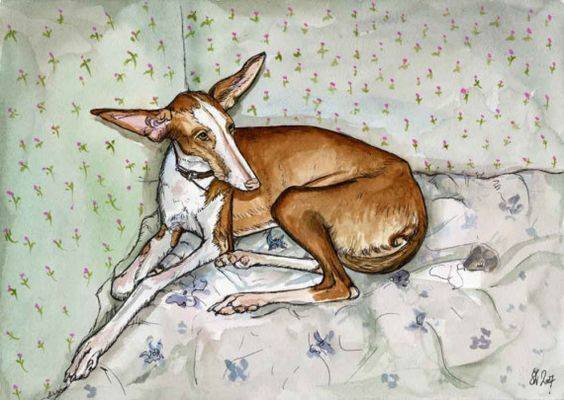
Now, about the legend: When the Moors were driven out of Spain by the Catholic Queen, Isabella, and her husband, King Ferdinand of Aragon, Ibiza became part of the Kingdom of Spain. It was said that because King Ferdinand spoke with a lisp, those around him copied his pronunciation of words out of respect. Ibiza became Ibetha.
The validity of this has been challenged many different ways, and here’s the summation of one explanation that is admittedly over our head, but here goes: The ceceo dialect is not a lisp which is a mispronunciation of the “s” sound. In Castilian Spanish, the “s” sound exists and is represented by the letter s. The ceceo comes in to represent the sounds made by the letters z and cfollowed by i or e. In medieval Castilian there were two sounds that eventually evolved into the ceceo, the ç (the cedilla) as in plaça and the z as in dezir. The cedilla made a /ts/ sound and the z a /dz/ sound. This gives more insight into why those similar sounds may have evolved into the ceceo.” (from the site:http://
A more simple explanation is that Spanish pronunciation shifted in the latter part of the middle ages to differentiate different ts dz sounds, just as they were populating south America. So South American Spanish ended up with a slightly different ‘c’ and ‘z’ than Spanish-Spanish.
Image: “Room for Thought” by Elle J Wilson
http://www.almost/
anangel66.co.uk
www.etsy.com/shop/
